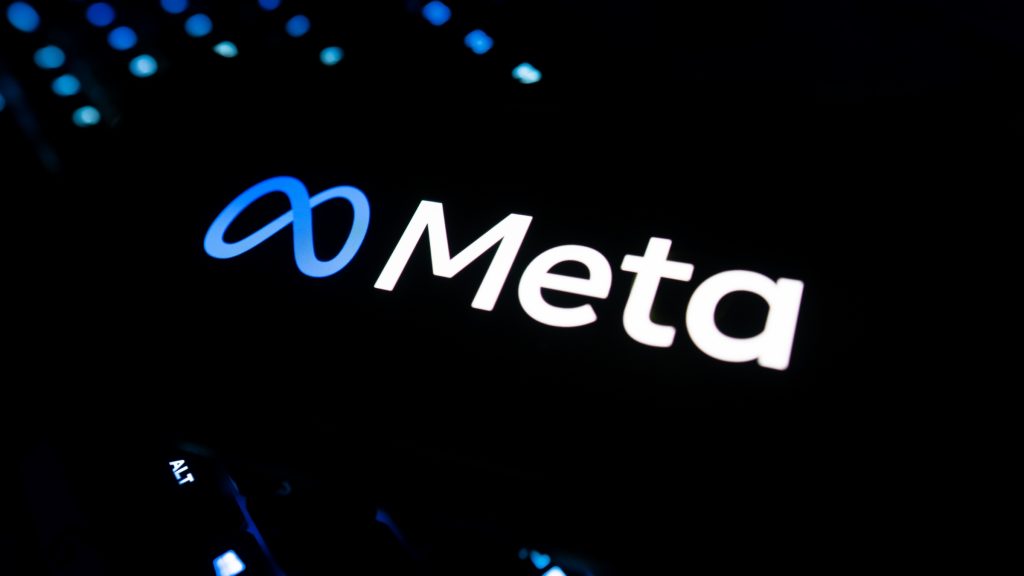
AI spend management isn’t just reshaping products, but steering fortunes. As Google thrives and Meta stumbles, investors are still divided on whether AI innovation guarantees sustainable profitability or speculative hype.
The latest earnings reports from Google, Microsoft, and Meta exposed the power and peril of the ongoing AI race. Each company touted its soaring revenues, attributing success to AI, but market reactions told a different story.
Google’s stock climbed over 5%, Microsoft dipped nearly 3%, and Meta plummeted more than 11% despite record sales—reflecting investor uncertainty over AI’s financial trajectory and how Meta stock tanking mount questions about long-term returns.
AI Ad Targeting
Analysts believe Meta’s stump comes from its internal AI focus. Unlike Google and Microsoft, which profit from selling AI cloud services, Meta pours billions into AI targeted ads that power its internal ecosystem.
“We keep on seeing this pattern where we build infrastructure to what we think is aggressive, and then we keep having more demand,” CEO Mark Zuckerberg told investors, defending the company’s “significantly larger investment” in AI.
The social networking giant plans to raise $25 billion through a bond sale to fund its AI infrastructure and data centers. Meta is focusing on long-term ambition but simultaneously raising short-term doubts.
“We want to build novel things and scale them to billions of people,” Zuckerberg added, insisting the payoff would materialize through enhanced target AI ad performance and new business models.
Still, investors seem unconvinced.
Many people recall Meta’s costly pivot to the metaverse, which at the time eroded investors’ confidence. While Google and Microsoft can monetize their AI capabilities through external clients, Meta’s return on investment remains largely theoretical, relying on its ability to integrate AI deeper into AI ad campaigns and content delivery systems.
Meta AI Overviews Ads Expansion
Meta’s never ending AI push extends beyond backend infrastructure, recently began testing Meta AI ads.
A new class of AI Overviews Ads designed to reshape how users and advertisers interact with content.
By summarizing key ad points and improving targeting accuracy, Meta hopes to strengthen its dominance in digital marketing and boost lead gen ads performance across its platforms.
Yet, the market remains skeptical when it comes to Meta’s AI spend management. As one analyst put it, “Google and Microsoft are selling the shovels in the AI gold rush—Meta is digging for its own gold.”
Google’s integration of AI into its search and advertising engines has demonstrated immediate results, attracting advertisers and investors alike. Microsoft, leveraging Azure’s AI services, enjoys a clear path to revenue, something Meta lead gen ads and other tools are still striving to achieve.
Meanwhile, the broader market mood reflects AI spend management caution. Semiconductor stocks like Nvidia and Broadcom dipped over 2%, dragging tech sentiment lower, even as financial firms like JPMorgan and Visa posted modest gains. Experts suggest diversification remains essential as investors navigate AI optimism and market volatility, especially with Meta lead generation ads yet to prove profitability.
Ultimately, Meta’s AI gamble embodies both ambition and risk. If its vision succeeds, FB lead generation ads and Facebook lead generation ad examples could redefine social media marketing. If not, the company may once again find itself over investing in future investors aren’t ready to buy.
Inside Telecom provides you with an extensive list of content covering all aspects of the tech industry. Keep an eye on our Tech sections to stay informed and up-to-date with our daily articles.